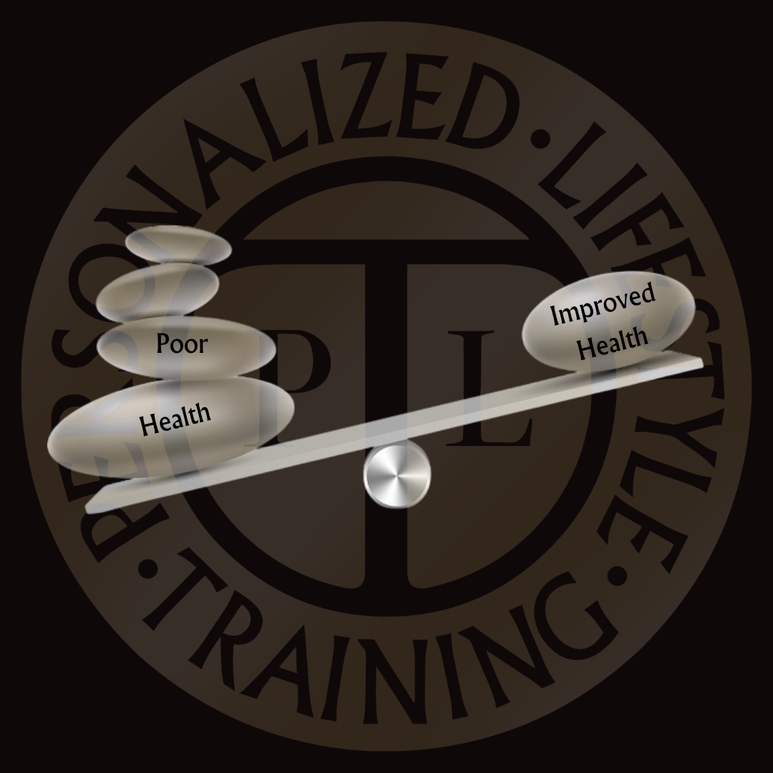|
A healthy calorie deficit is crucial for sustainable weight loss, while an excessively restrictive calorie deficit can have negative effects on your health. Here's a breakdown of the differences:
HEALTHY CALORIE DEFICIT:
TOO RESTRICTIVE CALORIE DEFICIT:
SIGNS OF TOO RESTRICTIVE CALORIE INTAKE:
Comments are closed.
|
AuthorI'm Paul Leonard, CEO & founder of PLT Nutrition. Categories
All
|
|
Current PLT Members
|
Quick Links
|
Connect With Us
|


 RSS Feed
RSS Feed
